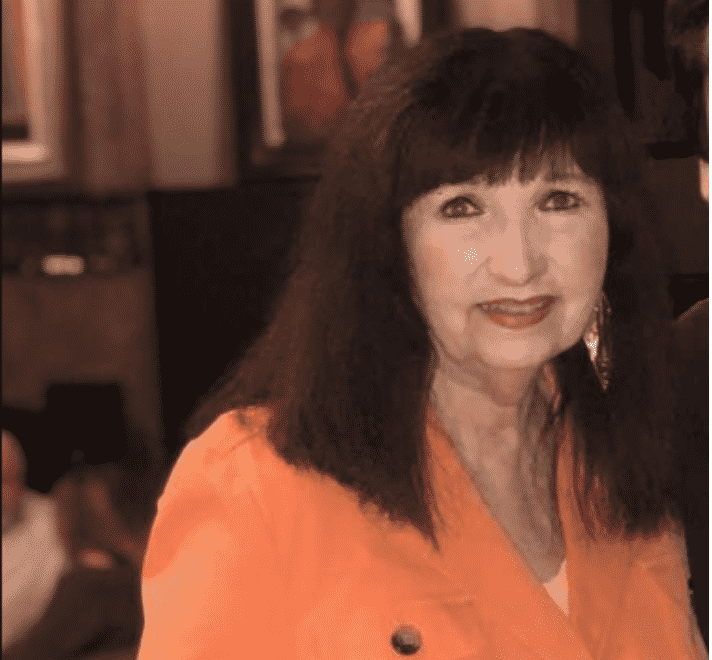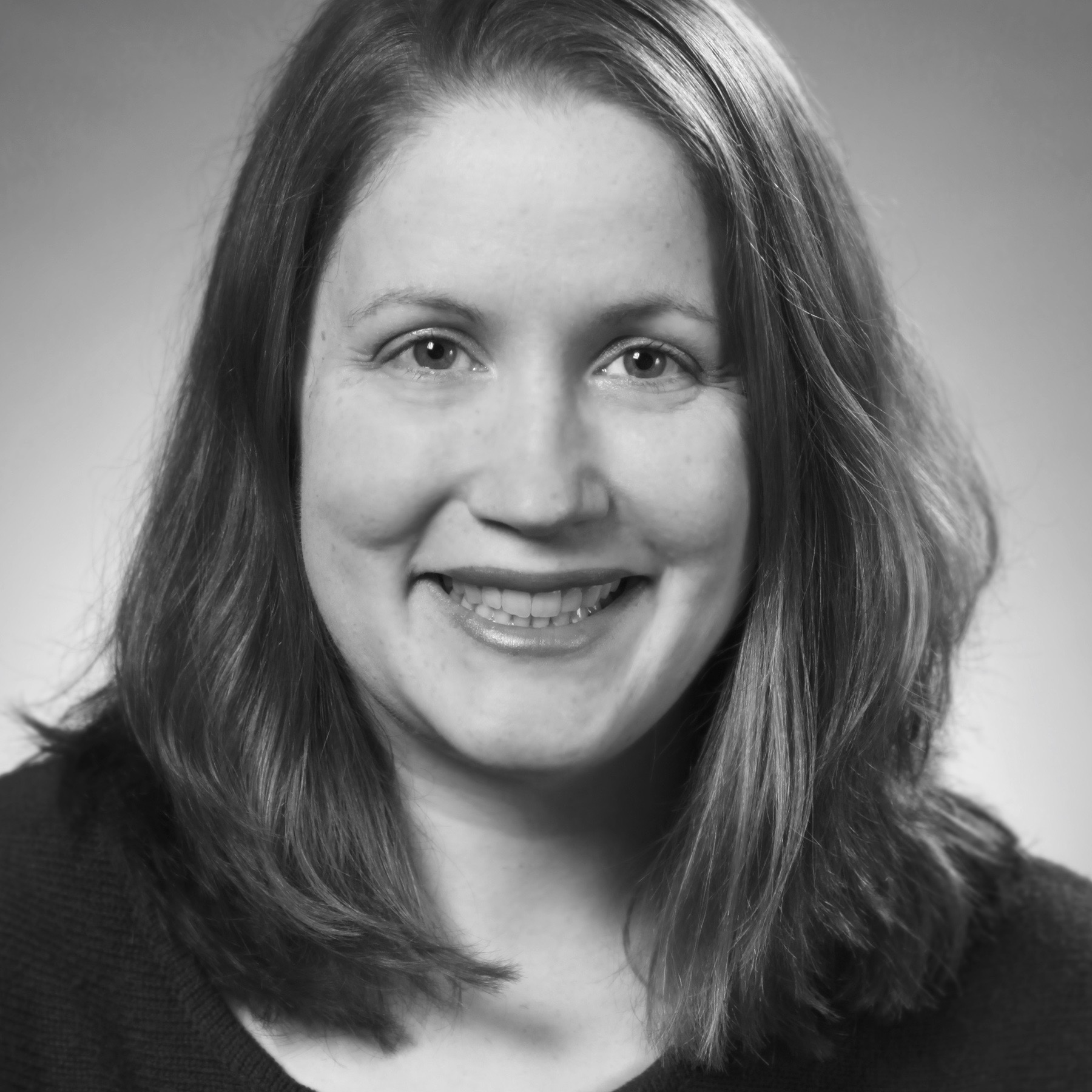 Photo courtesy of Lisa Goldberg; from their Thanksgiving dinner 2019.
Photo courtesy of Lisa Goldberg; from their Thanksgiving dinner 2019. She is 79 years old, but if you guessed younger, you would not be alone. She looks fantastic. She packs as much as she can into every day—exercise, travel, good eating, and time to show others she is thinking about them. Her attitude towards life is nothing short of remarkable. And it always has been. Even under the hardest of circumstances.
Widowed at 40, she raised her two young sons as a single mother. She gave them the best life she possibly could and always surrounded them with all the love they could ever need. She was a single parent, but she has never complained or bemoaned this life. She moved on, literally and figuratively. Tired of the New York cold, she moved to Florida, later California, and finally Nevada. But, her priority was and always has been, her family. Her sons and later her four grandchildren are her life.
If family is her first love, her second love is travel. She has visited numerous countries on every inhabited continent—mostly by cruise ship. Frequently booked last minute, her sons often joke that they never knew if she was at home or in another country. She is constantly on the move.
In early March, she embarked on what was to be yet another transatlantic cruise. She had done this before. This time would be anything but normal. The timing could not have been worse. Right in the middle, the world began shutting down. Her sons and daughters-in-law began working from home. Her grandchildren’s schools were closed. Passengers on her ship began getting sick. The speed and intensity of it all was something never experienced in over a century. And, all the while, she was unaware of what was going on—the power of what being cut off from TV and internet will do.
By the time the ship got to Europe on St. Patrick’s Day, things were anything but lucky. It was a mad rush to get the passengers home. Along with her boyfriend and hundreds of other Americans and Canadians, they were packed into a plane, unknowingly with many sick people. She remembers people coughing on each other for the entire nine-hour flight from Marsielle, France to Atlanta. She was tired and hungry, but just wanted to get to her home in Las Vegas. She almost did not make it.
The nearest open airport was Phoenix. They figured they could rent a car and make the approximately five-hour drive home. It never happened. Collapsing at the airport, she was rushed to a Phoenix hospital instead, beginning a saga that lasted well over a month. The test results confirmed what her family already knew. She had picked up “the virus.” At what point along that journey is anyone’s guess. But, what followed were weeks of not knowing if she would survive and if she did, what her quality of life would be like.
First came the vent, then the oxygen, then the tubes. She was in a coma for two weeks. Her sons’ lives went on as best they could. The news was avoided. Children were cared for. Dogs were walked. But, every waking moment (and many sleepless nights) were spent in worry. Her sons made multiple daily calls to the hospital—in a city where she had no family, talking with doctors and nurses they did not know, trying to understand a diagnosis that may never be fully understood.
Prayers were said. When you are sick and your son works as a Jewish Communal Relations Council director, you get prayers from every faith. Passover was celebrated. Matzo ball soup was prepared as her son anxiously waited for a major phone call from the hospital. The seder was interrupted by that call. Still more waiting. The doctors had tried this. Now, they needed to try that. Or perhaps, this other treatment might work. All of it was as much a gamble as the Vegas strip, near where she lived.
Then one night, her son disappeared to make his nightly call to the hospital. He returned to tell his shocked wife that he had just gotten off the phone with his mother. She was groggy and slurring words, but she was beginning to wake up. A corner had been turned.
What happened in the following days and weeks was nothing short of miraculous. The vent came off. The tube was removed. When doctors turn this stuff off, it is not a good sign. Normally, that is. But, as her family knows all too well, she is anything but normal. In her case, the machines were turned off because bit by bit, day by day, their use was no longer necessary. Her slurred speech gave way to her describing her time in her hospital bed watching the same awful television shows as before. She was coming back. She was able to swallow again. A discharge date was in sight. Just as quickly as she became sick, she was getting better.
Extended family from all over the country could now call her and hear for themselves the seemingly impossible. They had feared the worst and were now shaking their heads in collective disbelief. After a week of rehab, she returned home. Her primary care physician discontinued her medication, declared her in perfect health, and called her a “walking miracle.” Truer words have never been spoken.
She is still somewhat weak; her sons have to remind her to take it easy and rest. Thanks to her recovery and the incredible medical team they will never meet, they can now do the same.
This time of year—the seven weeks between Passover and Shavuot, the Omer, are traditionally a dark time on the Jewish calendar. That period of sadness lifts on Lag B’Omer, which comes next week. Just as the plague afflicting Rabbi Akiva’s students miraculously lifted, so too, did the affliction affecting this remarkable woman. This year, that period came early for her family. The seven weeks between her getting off the ship and getting home was its own (nearly) 49-day period of sadness.
Hannah bat Perl is her Hebrew name. It was said a lot during prayers for her over the nearly six weeks she was in the hospital. She is also known as Helene Goldberg, Ann Goldberg, Mom, or Grandma Ann. But, now you can add COVID survivor among her many names. To be sure, the plague of COVID is far from over. Her case is but one of thousands, but too often the story we might never see on the never-ending grim news cycle. Hers is a story should be shared.
The JCRC director is my husband, Matt. I am one of the daughters-in-law. This Mother’s Day, we are celebrating her recovery from afar. We do not know when we will be able to see her and hug her properly, but that is ok. Our sleep has returned. Our worry has subsided. There is light. There is hope. And, as we said on the Friday night after she went home, L’Chaim!
Lisa Rothstein Goldberg is a social worker, educator, and student in the Gesher program at the Academy for Jewish Religion. She lives in Louisville with her husband, Matt, director of the JCRC in Louisville, and their two young daughters.























 More news and opinions than at a Shabbat dinner, right in your inbox.
More news and opinions than at a Shabbat dinner, right in your inbox.